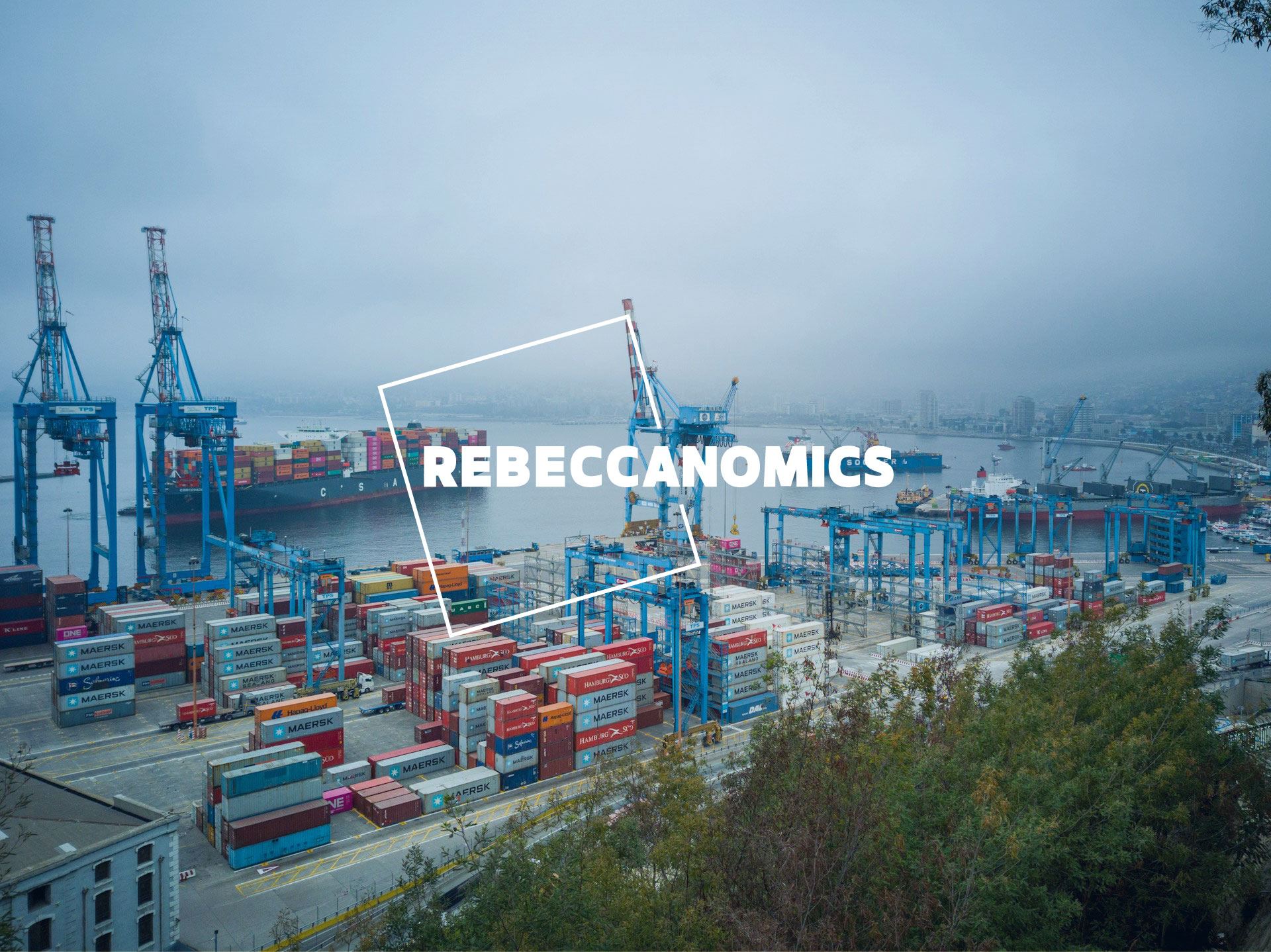
UK & DE Freight in 2024 and Beyond: A Supply Chain Logistics Case Study
Dive into the future of UK & DE freight: Adaptation, green logistics, and technological innovation shaping 2024 and beyond.

For decades, economic sanctions have been a pillar of national security statecraft. Cutting off adversaries from the global interbank payments system imposes financial isolation and economic pain. But the growing prominence of cryptocurrencies and regulatory workarounds by shadow banks is eroding the potency of traditional sanctions. Unable to fully monitor or control flows, policymakers are often firing blanks. New thinking and global coordination is urgently required to restore sanctions as an effective tool of coercion.
Recent attempts to throttle Russia’s economy amid the Ukraine invasion reveal the limits of traditional sanctions in today’s digital finance landscape. Deprived of access to SWIFT international payments messaging, Russia turned to systems like China’s CIPS. Cut off from dollar dealings, shadow banks helped reroute billions through Hong Kong and the UAE. And oligarchs used crypto to protect wealth from asset freezes. While sanctions inflicted damage, Russia muddled through thanks to workarounds. It was not the knock-out blow intended.
Iran has long exploited cryptocurrency mining to generate hard currency despite debilitating sanctions. North Korea too has raised billions through sophisticated hacking and crypto schemes according to UN reports. Venezuela tried the Petro cryptocurrency to circumvent the US-dominated financial system. Even private ransomware gangs increasingly demand payment in digital assets to avoid sanctions risks, costing insurers over $1 billion last year.
Meanwhile “nesting” techniques hide sanctioned entities behind layers of shell companies. New banking relationships via third countries provide financing channels when correspondent banking is blocked. And obscuring data in transactions facilitates trade-based money laundering.
Blunt interbank sanctions clearly no longer pack the punch they once did. Unilateral bans on transacting with sanctioned wallets are also of limited effect – cryptocurrency has no centralized authority. To restore potency, synchronized global regulation of cryptocurrencies is needed alongside data sharing and enforcement cooperation between financial authorities.
Effective sanctions must also encompass entire ecosystems like shadow banks that enable workarounds. And innovations like blockchain analysis are key to tracing laundered funds so that crypto is not a black hole.
Adversaries’ adapting capabilities are outrunning policymakers’ responses. But with urgent upgrades to the sanctions toolkit for the digital age, coordinated economic statecraft can regain its bite. The task is complex but essential. As cash flows to the crypto shadows, the Achilles heel of sanctions grows ever more exposed.

Dive into the future of UK & DE freight: Adaptation, green logistics, and technological innovation shaping 2024 and beyond.

Join Dr. Rebecca Harding in a crucial discussion on sustainability in economics. Dive into why regulators must evolve GDP metrics to include sustainability for an accurate portrayal of our climate challenges and the journey towards actionable global solutions.

Explore the intricate relationship between trade fragmentation, geopolitics, and supply chain resilience with Dr. Rebecca Harding. Learn why understanding the political landscape is crucial to making economic sense and how strategic trade is shaping the 21st-century battleground.

Uncover the strategic necessity of Supply Chain Resilience in our latest piece by Dr. Rebecca Harding. Discover how today’s trade becomes a domain of warfare and why intelligence in supply chains forms the New Tradecraft in safeguarding national security.

Discover how biometric technology could revolutionize global trade, offering seamless and secure cross-border transactions by reducing inefficiencies at customs and immigration, with real-time tracking and smart contract integrations, promising a future of frictionless international commerce.

Decentralized finance innovations could eliminate inefficiencies and increase transparency across global supply chains. But what are the challenges to mainstream adoption?

With sufficient coordination, shared biometric databases could allow automated frictionless passenger and cargo tracking across borders.

Cyber warfare is emerging as a potent tool for states to destabilize rival economies. But what are its limits compared to conventional coercion?
Contact
Services
About
Insights
Rebecca’s Bio
Terms and conditions
Privacy